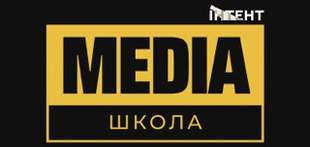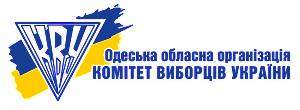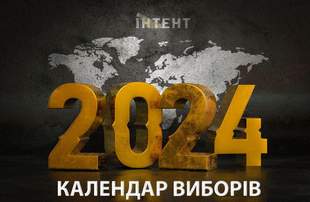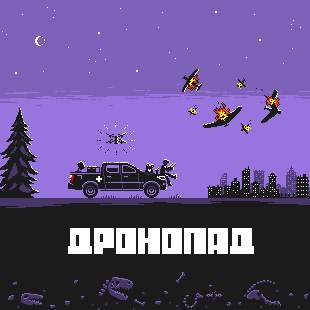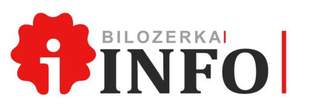Nov. 22, 2024, 10:01 p.m.
Lukashenko threatens to cut off the Internet in Belarus in case of new protests during the January 2025 elections
Цей матеріал також доступний українською115
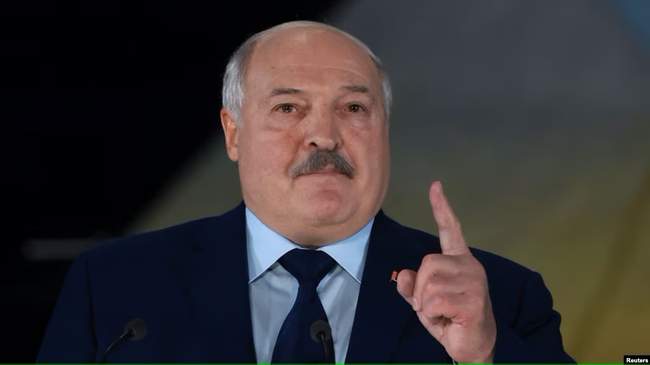
Photo: Reuters
Self-proclaimed President of Belarus Lukashenko will run for a seventh presidential term. The election is already scheduled for January 26, 2025. In the event of mass protests similar to those that took place after the 2020 presidential election, Lukashenka threatened to completely shut down the Internet.
He said this at a meeting at the Minsk State Linguistic University with students of several educational institutions, Radio Liberty reports, citing the Belarusian state-run BelTA channel.
"If this happens again, we will turn it off altogether. Do you think I'll watch and pray that you haven't written to someone if the country is gone tomorrow," BelTA quoted Lukashenka as saying.
According to him, in 2020, the Internet was cut off because "the conversation was about the fate of the country."
"To be honest, it was almost always with my permission. If you have two problems, you start weighing them. The country was in the balance," Lukashenka said.
Massive street protests took place in Belarus after the controversial 2020 presidential election, which extended Lukashenka's long-running rule for another term. The protests, which demanded Lukashenko's resignation, were accompanied by mass arrests, reports of torture, and violent crackdowns on protesters that left several people dead.
The elections were widely condemned as fraudulent, including by the United States and the European Union.
Int'l editor-in-chief Valeriy Bolgan spoke with Alina Rudina , a Belarusian media worker who was forced to move to Ukraine, about how Belarus has changed in the four years since the protests . She told what does Belarus look like today? Can it be considered occupied by Russia? Who are the Belarusians fighting for and against Ukraine?
According to Alina Rudina, Belarusian special services are actively using technology to control citizens. Cooperation with mobile operators allows the authorities to track people's whereabouts using their phones, as well as to access telegram accounts by intercepting SMS codes.
"Unfortunately, our special services work effectively. They hack into telegrams, gain access to accounts and compromise not only the account owners but also their entire environment," she noted.
According to her, repressions against activists and participants of the 2020 protests continue in Belarus. Despite the fact that many key opposition figures, such as Sergei Tikhanovsky, have already been detained, Belarusian security forces do not stop and arrest new people every day. Among the detainees are activists, football fans and other representatives of civil society who participated in protests against the Lukashenka regime.
Alina Rudina said that Minsk has established strict control over the population: surveillance cameras and face recognition systems are installed throughout the city. These technologies are actively used by security forces to track and identify protesters. Many people have been detained after law enforcement was able to identify them based on video and photo materials.
"The repression that began after the mass protests in 2020 has not only continued, but has become systemic. Every day, dozens of people who participated in the protests are detained, and these are just the cases that human rights organizations are aware of," the media specialist said.
The situation in Belarus has become so critical that mentions of a pre-trial detention center or any other repressive institution do not require explanations - everyone understands that it is a conveyor belt of repression.
"It's a torture chamber, a conveyor that works like a ghetto. People disappear. In March, my close friend was first in a pre-trial detention center, and then she was put under criminal investigation. Now her case is being considered by another judge," the media person noted.

